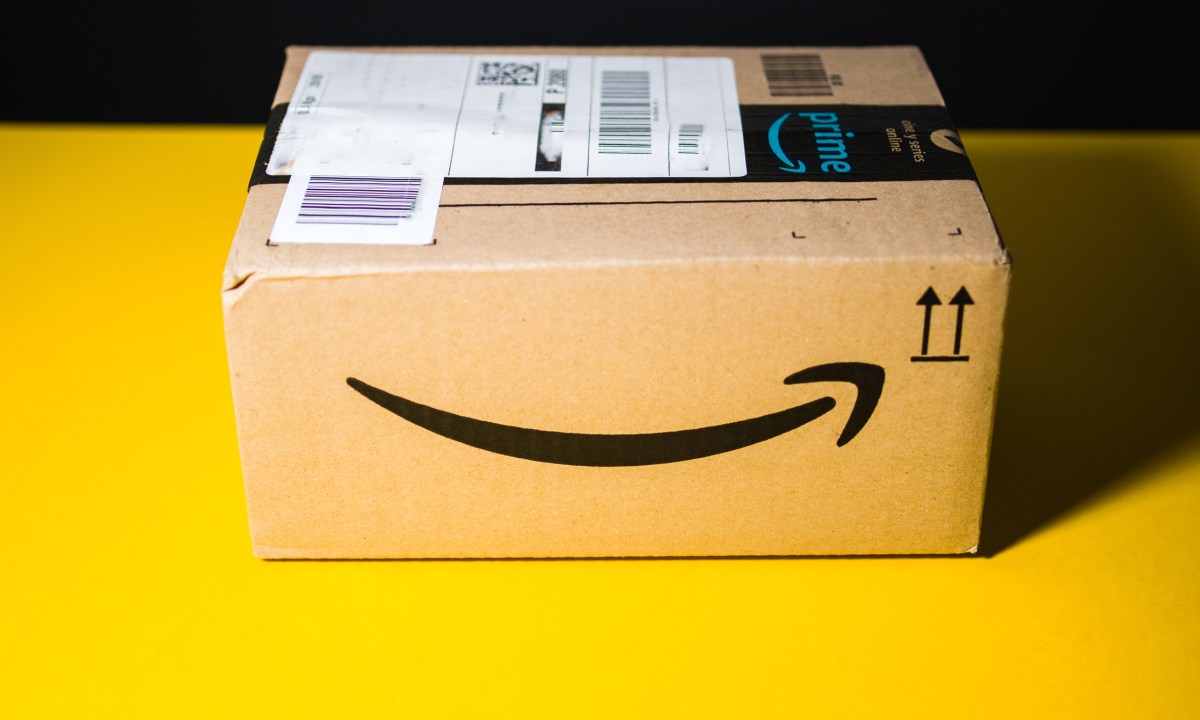Ecommerce behemoth Amazon has joined the growing list of tech giants getting formal requests for information (RFIs) from European Union regulators overseeing the bloc’s rebooted digital rulebook, the Digital Services Act (DSA).
The European Commission said today it’s asked Amazon to provide it with more information on measures it’s taken to comply with DSA obligations related to risk assessments and mitigation measures to protect consumers online — with particular regard to the dissemination of illegal products and the protection of fundamental rights, as well as in relation to its recommender systems.
The DSA came into force in late August for 19 larger platforms (aka very large online platforms, or VLOPs; and very large online search engines, or VLOSEs), triggering reporting requirements on them — which has led to tech giants publishing a range of data-points related to regional usage.
While the DSA sets out a broadly applying governance framework for digital services (or will when it comes into wider application early next year) this subset of larger platforms (VLOPs/VLOSEs) are already expected to be compliant with the law — including a range of additional obligations intended to drive transparency and accountability on them, such as in areas like their use of algorithms for sorting and surfacing content.
One relevant provision in the DSA requires VLOPs to provide users with an opt-out of profiling-based recommendations — meaning they can choose to see recommended products that are not selected based on tracking and profiling their activity on the platform.
The regulation also put requirements on platforms to provide information to customers and others users in relation to the sale of illegal goods when they’re aware of such transactions.
EU regulators have followed platforms first DSA disclosures by sending several VLOPs formal requests for information (or RFIs), seeking additional information on how they are fulfilling their DSA obligations. In recent weeks AliExpress, Meta, Snap, TikTok, YouTube and X have all received RFIs from the Commission.
As we reported last week, three early priority areas have quickly emerged from the EU’s oversight of VLOPs: Firstly the Commission has focused on how platforms are responding to the crisis in the Middle East sparked by the Israel-Hamas war, which has led to RFIs being sent to the main social media services; its second focus is child safety, where concerns have also triggered several requests to mainstream social media services; and finally ecommerce risks in the run up to the holiday season are evidently on the Commission’s radar, too — hence this latest RFI to Amazon seeking more detail about steps it’s taking in relation to illegal goods sales.
This follows an earlier request to Chinese ecommerce giant, AliExpress which explicitly referenced “fake medicines” in relation to concerns about the dissemination of illegal products.
Amazon was contacted for a response to the Commission’s RFI.
The ecommerce giant was named as a VLOP under the DSA back in April but has since challenged the designation. Its legal challenge is ongoing but in September Amazon won an interim stay on having to comply with a DSA requirement on VLOPs to deliver a public ads archive, with the court agreeing to suspend the obligation pending the outcome of its wider challenge to its status as a very large online platform.
However the EU General Court did not agree to suspend another DSA requirement on Amazon, which demands VLOPs provide users with a non-profiling-based option for recommendations it serves them. So it’s interesting to note the Commission’s RFI explicitly mentions Amazon’s recommender systems, as well as referencing wider obligations related to the protection of fundamental rights.
The Commission is responsible for enforcement of the DSA on VLOPS/VLOSE. If it confirms breaches of the regulation it is also empowered to impose sanctions, including fines of up to 6% of global annual turnover.



























































